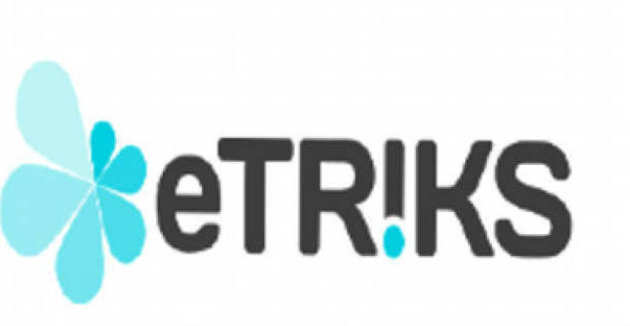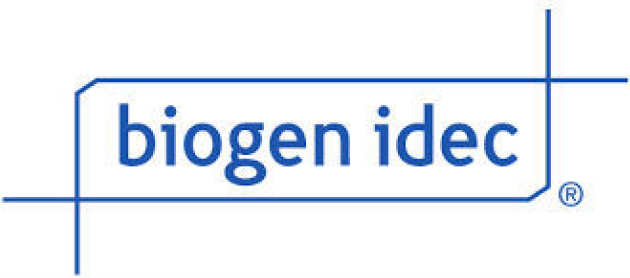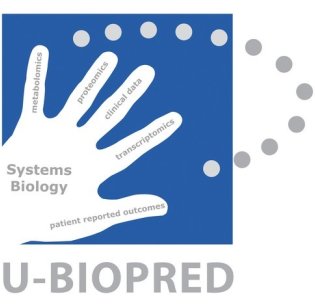Platforms
The last decade has seen an explosion in information relating to human health. From ever-cheaper and ever-faster genome sequencing, through sophisticated molecular analysis of metabolites to imaging data and data collected from wearable sensors, we are faced with an increasing amount of information that could potentially impact usefully on the development of new therapeutic strategies and healthcare pathways. However, understanding this information is not straightforward. Not only are there practical issues of handling and comparing such massive and varied datasets, there are also scientific issues about how best to analyse the data and to interpret the results obtained.
The Bio-Medical Informatics group engages with these problems on a number of levels, from the lab bench to the hospital bedside. In collaboration with hospitals and clinicians, we are working on analysing patient cohort datasets relating to complex heterogeneous diseases. We are developing platforms for the management, harmonisation and integration and contextualisation of multimodal patient and sample data, coming from a variety of experimental techniques, including ‘omics methodologies. We are also developing computational strategies for big data analytics. We envisage that these approaches will facilitate hypothesis generation and provide insight into disease mechanisms.
Projects
 European Translational Information and Knowledge Management Services (eTRIKS)
European Translational Information and Knowledge Management Services (eTRIKS)
We are developing a sustainable open-source data and knowledge management platform to support translational research. TranSMART, an open-source knowledge management platform combining a data repository with a suite of search and analysis tools, is a core component of the eTRIKS platform development.
See the eTRIKS website here.
Check out the tranSMART foundation here.
 OPTIMISE is a Joint Working collaboration between Imperial College London and the biopharmaceutical company Biogen Idec. The OPTIMISE project develops and deploys tools for collecting a wide range of data from people with MS in addition to routine clinical assessments. The project works to integrate brain scans, genomics data, biomarkers from blood samples, self-reported quality of life measures and data from sensors that track movement into a single database
OPTIMISE is a Joint Working collaboration between Imperial College London and the biopharmaceutical company Biogen Idec. The OPTIMISE project develops and deploys tools for collecting a wide range of data from people with MS in addition to routine clinical assessments. The project works to integrate brain scans, genomics data, biomarkers from blood samples, self-reported quality of life measures and data from sensors that track movement into a single database

U-BIOPRED: Unbiased BIOmarkers in PREDiction of respiratory disease outcomes
Using samples and medical information from hundreds of adults and children, the project aims to identify different sub-types of severe asthma.
Check out the U-BIOPRED website here.
IDEA-FAST: Identifying Digital Endpoints to Assess Fatigue, Sleep and Activities in daily living in Neurodegenerative disorders and Immune-mediated inflammatory diseases.
IDEA-FAST is a project that started in November 2019, run by a consortium of 46 partners across 15 countries in Europe. It aims to identify digital endpoints that provide a reliable, objective, and sensitive evaluation of activities of daily life, disability, and health related-quality of life for a number of neurodegenerative diseases including Parkinson's disease, Huntington's disease, and Inflammatory Bowel Disease.
Imperial's Data Science Institute leads the WP5 Data Management in the projects. This includes defining data management strategies, designing data standards clinical study and the ontology for sensor measurements, designing data management platforms and developing a decentralised Blockchain-based access control system, integrated with data management platforms.
For more information visit the IDEA-FAST website.